
Our highly trained team specializes in both basic and advanced evaluation of patients with infertility issues and gynecological conditions.
Our core services are designed to provide in-office diagnosis and treatment, including outpatient consultations, basic andrology laboratory procedures, and ovulation induction. In addition, we perform transvaginal ultrasounds that allow us to carry out a variety of procedures.
OUR
FACILITIES
We are equipped with state-of-the-art technology and use innovative techniques to diagnose and treat fertility issues. Our modern infrastructure allows us to perform complex procedures with precision and safety.
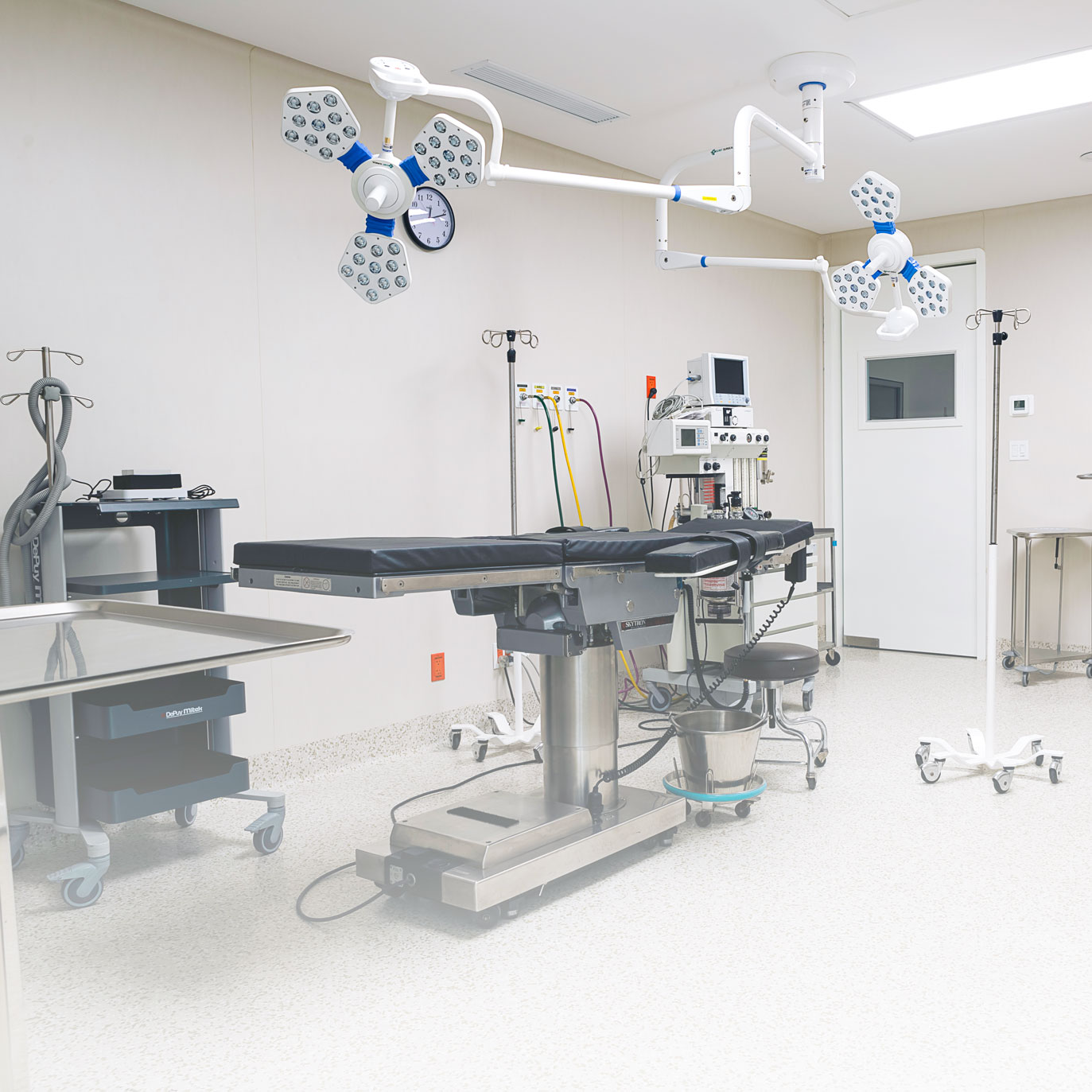
SPECIALTIES
Assisted Reproductive Treatments
At Baja Fertility Services, we offer treatments to help you achieve your dream of starting a family. Our team of specialists provides personalized care and comprehensive support at every stage of the process.

Gynecological and fertility consultation.

Andrology laboratory.
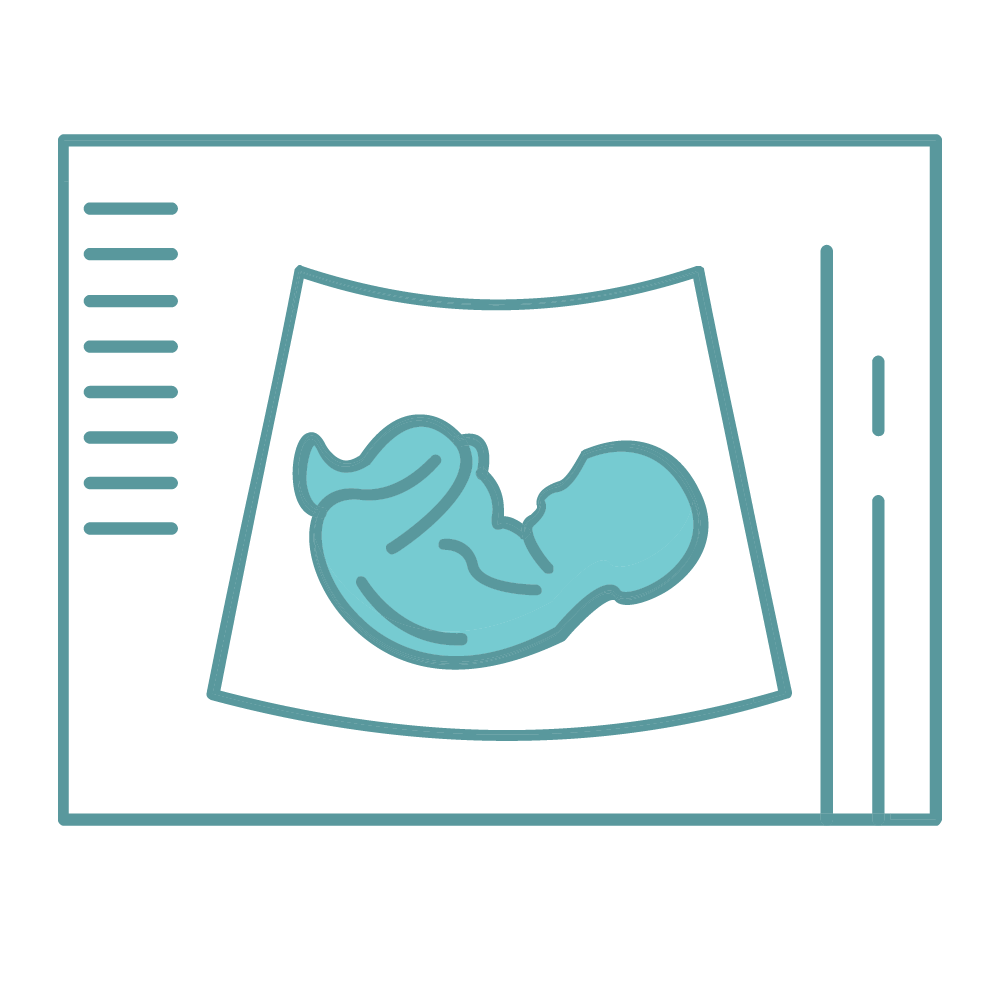
Artificial Insemination.

In Vitro Fertilization (IVF).

ICSI (Intracytoplasmic Sperm Injection).

Endoscopic Surgery in Gynecology and Infertility.
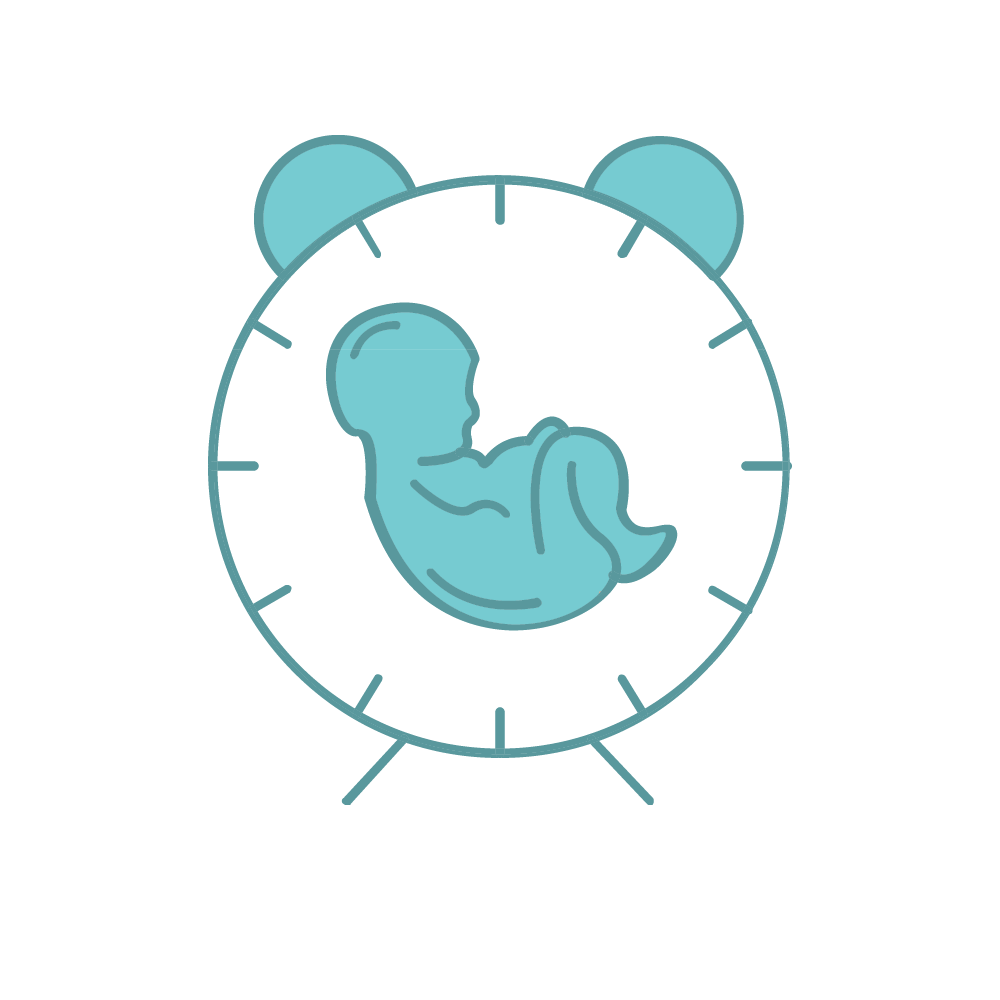
Cryopreservation (Vitrification).
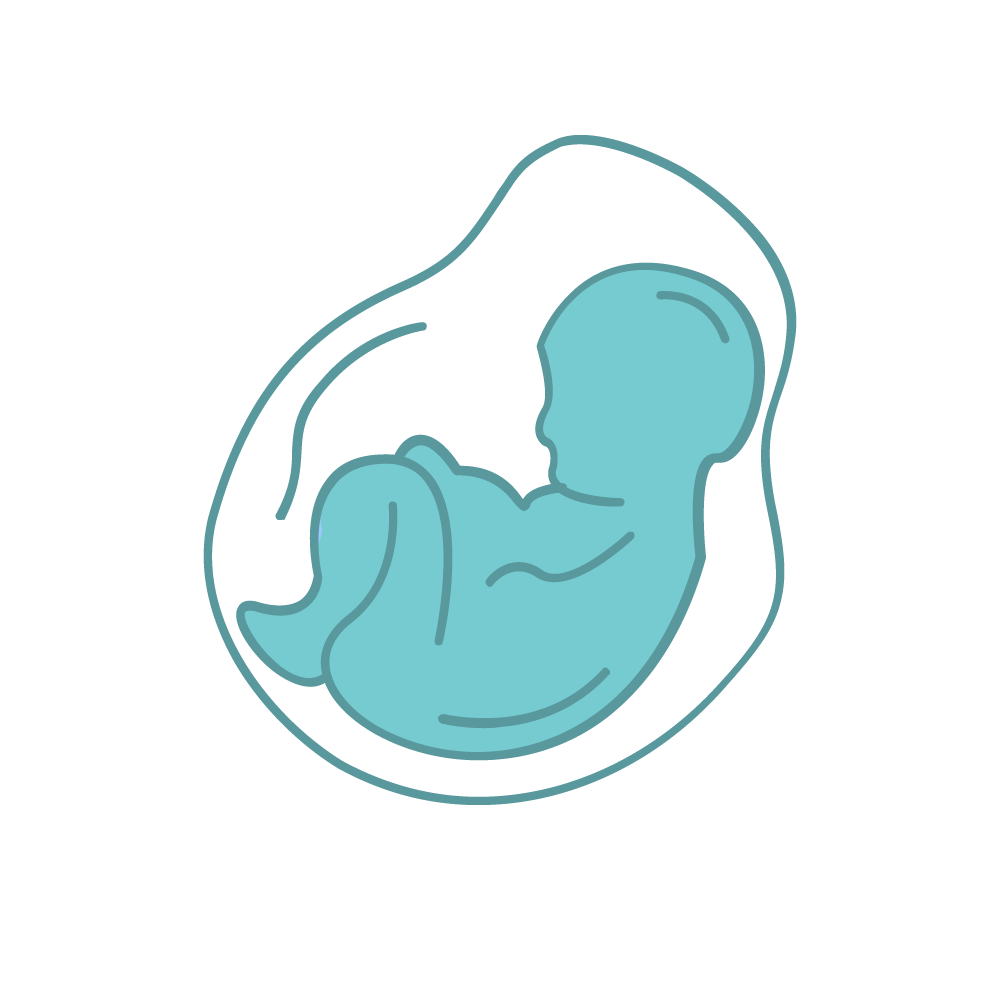
Preimplantation Genetic Testing (PGT).

PROVEN
RESULTS
Our track record of successful cases and satisfied patient testimonials speaks for itself. We work with dedication to offer you the best chances of success and help you achieve your dreams.
OUR PATIENTS
TESTIMONIALS
“After several failed attempts elsewhere, Baja Fertility gave us the hope and the result we had longed for. We are incredibly grateful.”

- Fernanda y Carlos
“The professionalism and care we received at Baja Fertility were exceptional. We now have a beautiful baby thanks to them.”

- Sofía y Daniel
“The team at Baja Fertility gave us hope and results. We are eternally thankful for their dedication and professionalism.”

- Mariana y Pedro
“From the very first consultation, we knew we were in good hands. Baja Fertility exceeded our expectations and helped us welcome our little one.”

- Isabel y Javier
SPECIALISTS
OUR TEAM
Our team is made up of fertility and gynecology specialists with extensive experience and training in the most advanced techniques. We stay up to date with the latest advancements in reproductive medicine.
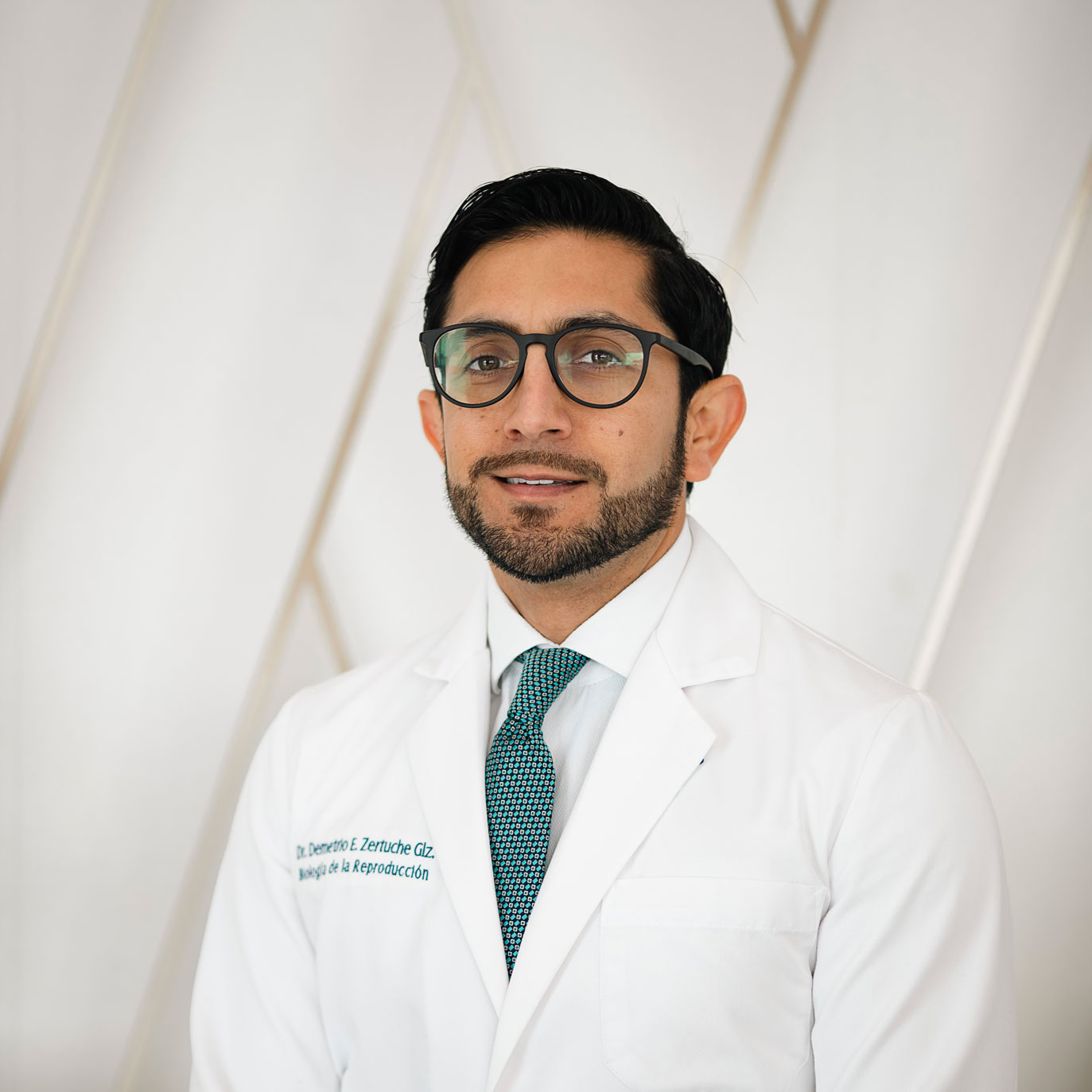
Dr. Demetrio Edgar Zertuche González
Medical Director
Human Reproduction, Gynecology

Dr. Horacio Ortega Clavero
Human Reproduction, Gynecology

Dra. Lorena Chrissie Oceguera Palao
Human Reproduction, Gynecology

Lic. Alinne Susette Gómez Lizárraga
Head of Nursing
BAJA FERTILITY SERVICIES
OUR LOCATION
At Baja Fertility, we are proud to offer you a welcoming and professional environment where you will receive the best care. Visit us at: TORRE NORTE 2: Fray Servando Teresa de Mier 1351, local 601, Zona Urbana Río Tijuana, 22010 Tijuana, B.C.
OFFICE HOURS
MONDAY – SATURDAY
8:00 – 18:00 HRS
SUNDAY:
CLOSED
CONTACT
BOOK YOUR APPOINTMENT
We are here to support you on your journey to parenthood. Booking an appointment with us is the first step toward receiving the care and support you need.
GET IN TOUCH
If you have any questions or need more information before scheduling your appointment, feel free to contact us. We are here to help.
LOCAL PHONE
664 635-8427
PHONE FROM THE U.S:
001 619 4003830
+52 664 166 9569
info@bajafertility.com
ADDRESS
Torre Norte 2: Fray Servando Teresa de Mier 1351, local 601, Zona Urbana Río Tijuana, Tijuana, B.C.
FAQ
Frequently Asked Questions
What are the causes of infertility?
They can be social or medical in nature. Among the social causes are the delay in seeking to have children and the stress experienced by both men and women in daily life. Among general medical causes, we find extreme obesity, anorexia nervosa, serious illnesses, thyroid disorders, substance and medication abuse, alcohol and tobacco use, and chemotherapy. About 20% of cases remain unexplained.
Medically, the most common conditions affecting women are issues with the Fallopian tubes, ovulation disorders, uterine cavity abnormalities, and endometriosis, among others.
In men, the issues typically involve sperm count, motility, and abnormal sperm morphology.
Is infertility only present in women?
Although many people associate infertility with women, it actually occurs with equal frequency in both men and women.
Do I need to bring my laboratory tests? What are they used for?
It is important. If you have already been in consultation or treatment for infertility, you should bring any tests you have previously undergone, such as hormonal tests, ultrasounds, X-rays (such as hysterosalpingography), semen analyses, among others.
Before starting an assisted reproduction treatment cycle, you will be required to have HIV testing, hepatitis B blood tests, hepatitis C blood tests, and VDRL testing for syphilis.
It is important to bring your test results if you have them; otherwise, the clinic will schedule them on the appropriate days for their performance.
Medically, the most common conditions affecting women are issues with the Fallopian tubes, ovulation disorders, uterine cavity abnormalities, and endometriosis, among others.
In men, the issues typically involve sperm count, motility, and abnormal sperm morphology.
Antes de comenzar un ciclo del tratamiento de reproducción asistida se le pedirá análisis de VIH, de la hepatitis B; Análisis de sangre para hepatitis C. VDRL para prueba de sífilis.
Es importante llevar sus exámenes si los tiene, en caso de no tenerlos en la clínica se programaran en sus respectivos días ideales para realizarse.
En cuanto a lo medico, las situaciones que más se alteran en la mujer son Trompas de Falopio, Ovulación, Cavidad uterina, endometriosis entre otras.
Y en el varón, el numero de esperma, motilidad, formas anormales. De los mismos espermas.
What will happen at my first fertility consultation?
Bring the following with you if applicable:
Make a list of all your questions so you won’t forget them when you are with your doctor.
A history of your fertility (summary of any previous treatments).
If you have undergone fertility treatment elsewhere, you have the right to request a report from that clinic detailing your treatment history.
Blood test results.
Semen analysis results.
Reports from previous examinations such as X-rays or any surgeries you may have had.
The initial consultation lasts approximately one hour, and your partner should attend with you. You should arrive 15 minutes before your appointment to fill out a form and have your vital signs taken before seeing the doctor.
A complete and comprehensive medical history will be taken from both partners, if applicable. A nurse will be present during any gynecological examination. If necessary, the husband will be asked to provide a semen sample for analysis (he can also request to provide the sample later if he is uncomfortable doing so on the day of the appointment).
In which cases is Artificial Insemination recommended?
It is generally recommended when sperm count or motility is low, after failed induction and intercourse treatments, or after endometriosis treatments.
Is age important when undergoing assisted reproduction treatment?
Assisted reproduction has given us greater opportunities to welcome a new loved one into our homes; however, pregnancy is not 100% guaranteed. Age is a very important factor for success. The recommended age range is between 20 and 35 years old. After this age, ovarian reserve begins to decline significantly, reducing the chances of pregnancy and increasing the risk of genetic abnormalities, such as Down syndrome.
BLOG
Browse Our Articles
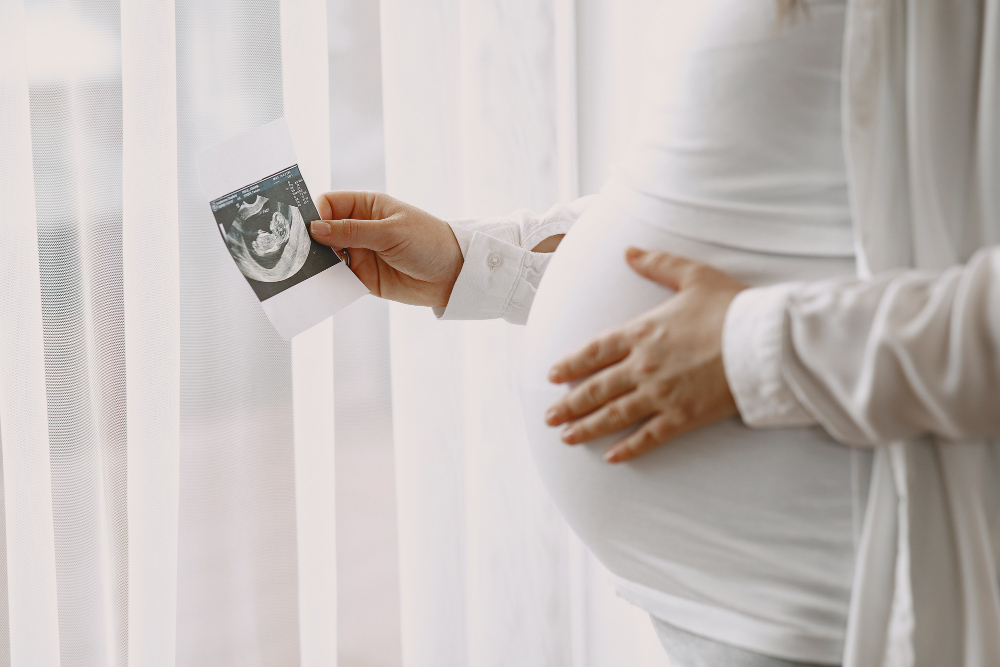
Options for same-sex couples who wish to start a family
There are safe and personalized treatments available for same-sex couples to build a family.

What is the ROPA method and how does it allow two women to share motherhood?
The ROPA method (Reception of Oocytes from the Partner) allows two women to biologically share motherhood.
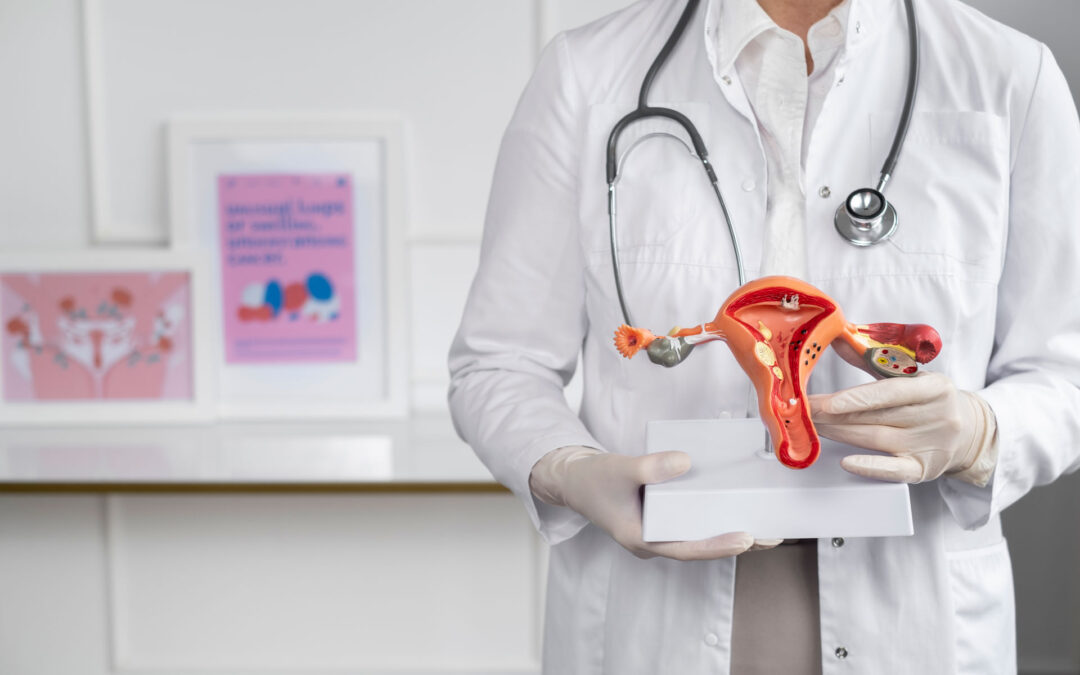
What is hysteroscopy and when is it needed?
Hysteroscopy diagnoses and treats uterine conditions in a precise, outpatient procedure.
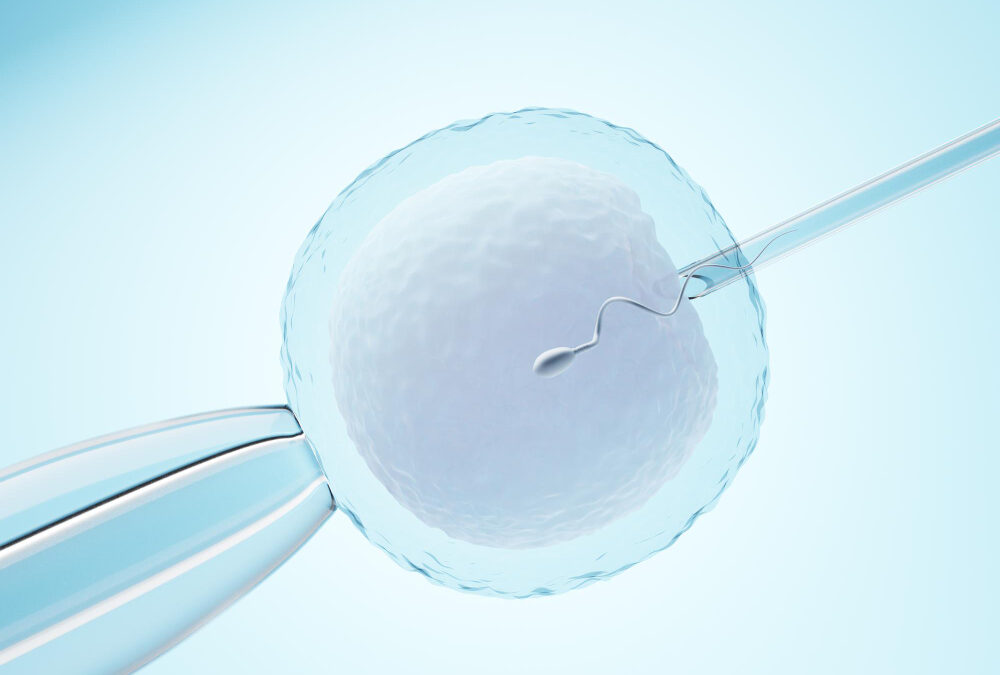
What is in vitro fertilization (IVF) and when is it recommended?
IVF makes it possible to achieve pregnancy even in complex cases of infertility or tubal ligation.
